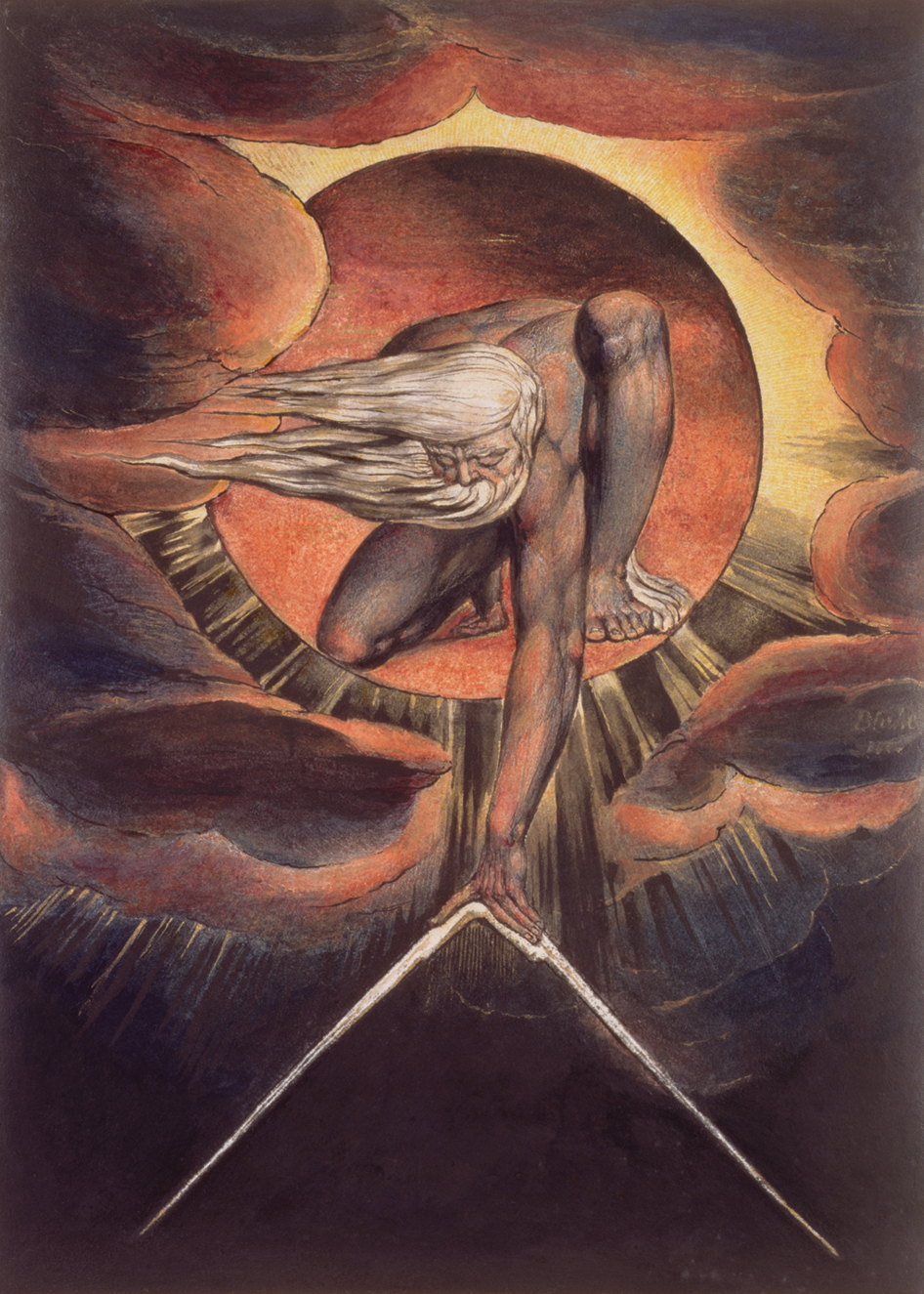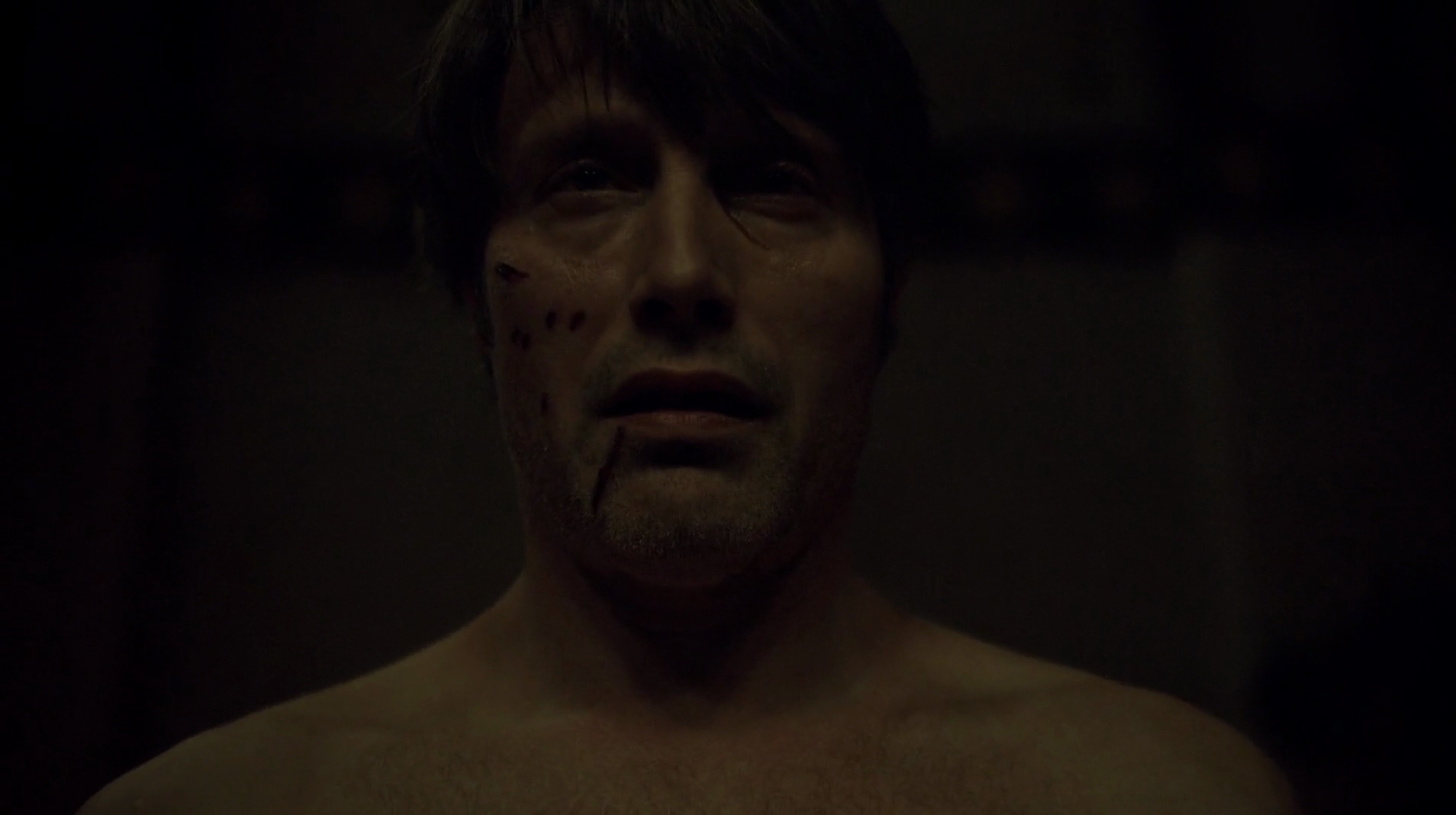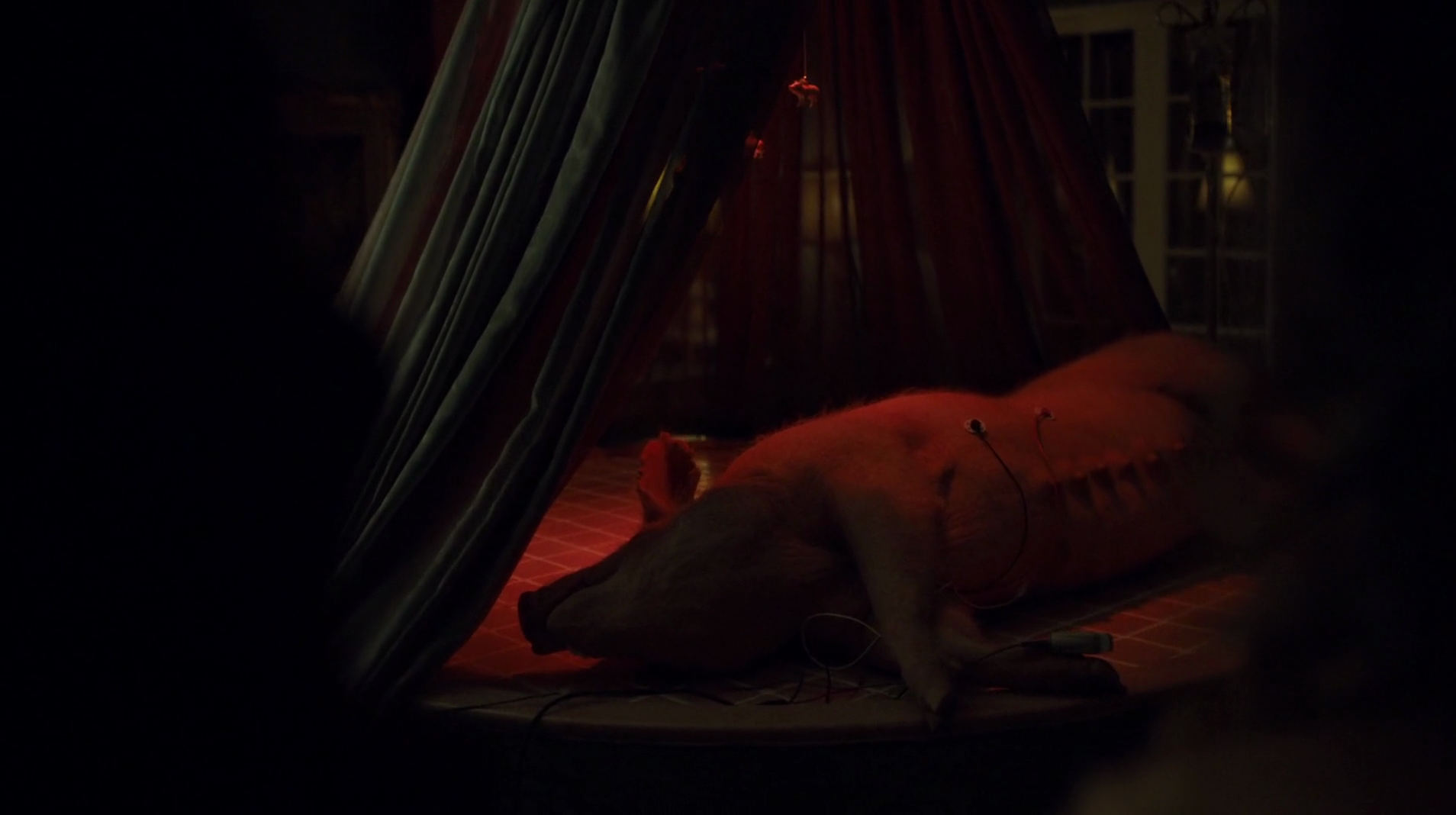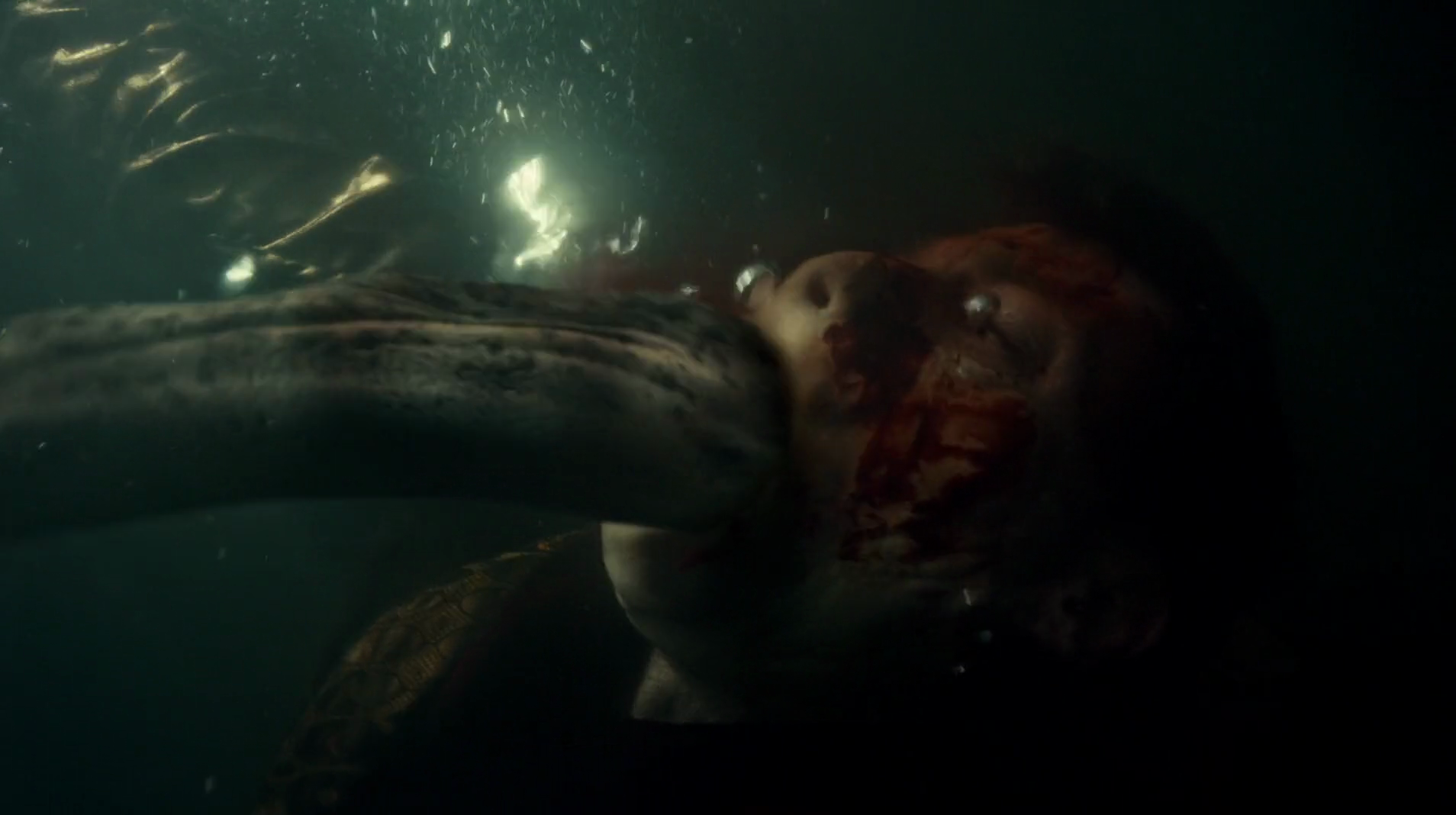The Proverbs of Hell 33/39: Digestivo
 DIGESTIVO: An after-dinner (and after-coffee) drink such as grappa or limoncello. As we’ve completed the actual Italian portion of our adaptation of Hannibal in order to return to the US, this is on the whole sensible.
DIGESTIVO: An after-dinner (and after-coffee) drink such as grappa or limoncello. As we’ve completed the actual Italian portion of our adaptation of Hannibal in order to return to the US, this is on the whole sensible.
JACK CRAWFORD: Hannibal Lecter, il Mostro di Firenze, narrowly escapes the Questura. That how the story goes?
INSPECTOR BENETTI: Missed him by that much. The good Dottor Lecter is once more in the wind. But he left one last victim. Open him the way Lecter opened the other one. Open him all the way.
Something of a rarity in Hannibal, Benetti is an utter shithead who gets to display this act of staggering and monstrous corruption without any consequences. He disappears from the narrative entirely, having nothing to contribute past this point. Indeed, this is the last scene to be set in Italy, and there is essentially no unfinished business there, this dickbag excepted.
CHIYOH: You’re sitting at Hannibal’s table. You know him. You know Will.
JACK CRAWFORD: I know them. They are identically different, Hannibal and Will.
This is a deeply odd time for Jack to lapse into gnomic hedging, even if it is generally his default state. “Identically different” is a particularly sub-par contribution to the genre, saying little (and nothing Chiyoh doesn’t already know) and doing so in a way that is downright ostentatious in its capacity to frustrate. He is admittedly heavily drugged, but “identically different” manages the impressive feat of not actually describing Will and Hannibal’s mirrored quality in any particularly accurate way.
MASON VERGER: There’s a hush over Muskrat Farm, Cordell, like the quiet of the old Sabbath. Smells like salvation.
As we prepare to say goodbye to Mason Verger, let’s pause to savor him dramatically unfurling Harris’s scene description as an aside to Cordell in an attempt to amp up the moment. Although his scenery-chewing “smells like salvation” is a step down from Harris’s almost Trumpian folow-up that “Privately, [Mason] compared his accomplishment to the discovery of radium.”
ALANA BLOOM: I appreciate wanting to kill Hannibal Lecter. I am not without benefit from that.
MASON VERGER: Can’t make good on his promise to murder you if he’s dead.
ALANA BLOOM: But he’s not dead. Play with your food, Mason, and you’ll give it the opportunity to bite back.
MASON VERGER: Oh, I’m not playing, Dr. Bloom.
ALANA BLOOM: Hannibal is. He’s always playing.
Alana speaks damning prophecy here while navigating a tricky set of competing concerns; she’s previously expressed a desire to sell Mason out and get Hannibal into FBI custody. That seems frustrated at the moment, but pushing for Hannibal’s fast death undermines her stalling for time to save Will.
MASON VERGER: You boys remind me of that German cannibal who advertised for a friend, then ate the friend’s penis with him before he died. Tragedy being, the penis was overcooked. Go to all that trouble to eat a friend, and you overcook his penis. They ate it anyway. They had to, they committed. But they didn’t enjoy it.
It is possible this is the highest degree of empathy Mason has ever shown, a surprisingly nuanced understanding of the particular pressures that mutual cannibalism brings to bear on a friendship.
HANNIBAL: I’m curious, what will be the first cuts of me you’ll serve?
CORDELL: The first course, of course, will be your hands and feet. Sizzling on a Promethean barbecue. The coal is white and very hard, makes a clear ringing sound when struck.
HANNIBAL: You’ve thought of everything.
The term “promethean barbecue” does not appear outside discussions of this episode, and so is presumably a symbolic account of the fire as opposed to a culinary description. In other words, Cordell’s sole actual idea here is to apply direct heat to the hands and feet, revealing his approach t cooking to match Mason’s vulgarity in conception (a point alluded to by the fact that Mason did not actually like any of the food served to him in “Dolce”). Aside from its dullness, this is simply not a sound preparation for the tough, bony cuts of hands and feet, and Hannibal’s reply is surely sarcastic.
CORDELL: Mason would’ve preferred to brand your face. He fought bravely and with his own funds against the Humane Slaughter Act, and managed to keep face-branding legal.
HANNIBAL: It’s very important to Mason that I have the pig’s experience.
CORDELL: The Vergers sponsor a number of breeding and genetic research programs. Pigs have human-sized organs. Mason has done beautiful things with these creatures. Very special. Truly visionary.
Cordell answers Hannibal’s observation with a coded reference to what has been done to Margot’s child – a deflection that is revealing of his specific pathologies. For him, this is all literally a concern of flesh – a technical demonstration of the capacity of meat. There is a clear sadism in this, but it is a sadism devoid of empathy that does not take pleasure in the experience of pain so much as in the violation. This helps explain the banality of his cooking.
MARGOT VERGER: Where’s the surrogate, Mason?
MASON VERGER: She’s resting at the moment.
MARGOT VERGER: She’s here?
MASON VERGER: She’s on the farm.
MARGOT VERGER: I want to see her.
MASON VERGER: First you need to prepare yourself… psychologically. This is going to be a very emotional experience for you. I have to think about the appropriate timing.
MARGOT VERGER: Don’t think too long, smiley.
In many ways this, as opposed to his foolish (but therapuetically necessary necessary) torture of Hannibal is where Mason goes wrong. Had he staggered his sadisms instead of bringing his torture of Margot to a head at the same time as his torture of Hannibal, he might have charted a course that survives this. Instead, however, Margot is pushed unequivocally to Alana’s side. We will see the consequences of this momentarily.
WILL GRAHAM: What are you doing here?
ALANA BLOOM: I’m Mason Verger’s psychiatrist.
WILL GRAHAM: That part of his therapy or yours?
ALANA BLOOM: I think we’re all working through some issues.
A momentary flash of the old Alana, insomuch as that phrase effectively signifies anything, as she offers a charmingly wry assessment of what the fuck is going on at Muskrat Farm.
WILL GRAHAM: Almost as ugly as what Mason wants to do to us is the fact that he can do it with the tacit agreement of people sworn to uphold the law.
ALANA BLOOM: I was trying to get to Hannibal before you. I knew you couldn’t stop yourself. So I had to try.
Alana has revised history to a substantial degree here, given that her interactions with Chilton in “Aperitivo” (along with her beating Jack to Will’s house at the end of the episode) reveal that she was, if not actively using Will as bait for Hannibal, at least mindfully complicit in the event. As Hannibal would put it, that’s participation. And yet, given her subsequent imploring Hannibal to save Will, it appears that she is sincere in her revision,
WILL GRAHAM: What did you think would happen?
ALANA BLOOM: I thought Jack Crawford and the FBI would come to the rescue. But the finer details of what I thought would happen have evolved.
WILL GRAHAM: Then you have to evolve, Alana. You have to spill blood. By your own hand or someone else’s.
Note the structural similarity between this interaction – Alana seeking council from a captive Will and being manipulated towards murder – and Hannibal’s role in the back half of the season.
HANNIBAL: Thank you for coming, Margot. Hasn’t been that long since I treated you. Have you started taking the chocolate, as Mason likes to say, after you fought him for so long?
MARGOT VERGER: Are we in therapy now?
HANNIBAL: You tell me.
The answer, of course, is that you’re always in therapy, the shattering of any coherent boundary between the structured interaction of therapy and the real world being a fundamental component of Hannibal’s dreamscape.
ALANA BLOOM: Could I have ever understood you?
HANNIBAL: No.
One of those brilliant interactions whose impact is muted by the unfortunate lack of a coherent characterization for Alana. Hannibal’s sneering contempt here is interesting because it is wrong, or at least because it should be wrong. Alana ought to have the capacity to understand Hannibal for the simple reason that it is more interesting if her character ha somewhere to go than if there is simply an absolute limit to her cognition that renders her always and forever a dupe. But seeing how that would be executed in any pragmatic sense is difficult trending towards impossible.
The script calls for Mikkelesn to rise like “the Kraken awoken.” Mikkelsen, not unreasonably, instead opts to play it as the complete abandonment of Hannibal’s refinement, as though it was not so much that Hannibal was sprung from his cage as that his animal instincts were sprung from the frame of civilization that Hannibal contained them in.
Not for the first time, Mason becomes the point where the show’s avoidance of sexual assault is tested. Here there is no assault per se, or at least no new assault. And yet there is still the attendant sense of violation. Indeed, this is a strong contender for the single most upsetting image in the entire series. This is of course the point (not that Mason needed to be made more upsetting) – a horror that both drains any “fun” Mason might have acquired by dint of current circumstances and offers a chilling answer to Hannibal’s earlier question about where Mason will gets his big transgressive kicks once he’s eaten Hannibal. Nevertheless… eesh.
ALANA BLOOM: Do you know what happens if we stimulate your prostate gland with a cattle prod? Hannibal does. He helped us milk you.
OK so there’s one unambiguous sexual assault. Interestingly, it’s presented as something the audience is meant to cheer for, and frankly, it’s not hard to do exactly that.
Mason’s death by eel is ordained by the novel, and puts a suitably lurid and macabre cap on the entire Verger plotline.
HANNIBAL: We all form frameworks from our early experiences through which later perceptions are understood.
CHIYOH: Perceptions are understood when you look harder. I’ve looked into you. I thought you should be caged.
HANNIBAL: Would you watch over me?
CHIYOH: I will watch over you. Not in a cage. Some beasts shouldn’t be caged.
HANNIBAL: Your obsessive and successful hunt, whose plight was it driven by? Mine? Will Graham’s? Yours?
CHIYOH: Mischa’s. Did you eat her?
HANNIBAL: Yes, but I did not kill her.
The way in which Hannibal’s origins are unveiled is interesting; the actual story of what happened to Mischa is never told, such that this is actually a reveal. In the books, Mischa is killed by soldiers who subsequently feed her to Hannibal, a sequence of events that is presumably preserved, although what goes in place of World War II soldiers is unclear. But we do not get any of this directly; Mischa remains an unknowable frontier.
HANNIBAL: The most stable elements, Chiyoh, appear in the middle of the periodic table, roughly between iron and silver. Between iron and silver. I think that is appropriate for you.
A strange but moving statement of respect from Hannibal to the one person to successfully hunt him.
WILL GRAHAM: The teacup is broken. It’ll never gather itself back together again.
HANNIBAL: Not even in your mind? Your memory palace is building. It’s full of new things. It shares some rooms with my own. I’ve discovered you there. Victorious.
WILL GRAHAM: When it comes to you and me, there can be no decisive victory.
HANNIBAL: We are a zero-sum game?
The script seems to misunderstand game theory, as zero-sum games are ones in which only decisive victories are possible—i.e. where one player winning implies others losing. The strange mirroring of Will and Hannibal produces a far stranger outcome – one in which one player winning implies that same player’s defeat.
WILL GRAHAM: I miss my dogs. I’m not going to miss you. I’m not going to find you. I’m not going to look for you. I don’t want to know where you are or what you do. I don’t want to think about you anymore.
HANNIBAL: You delight in wickedness and then berate yourself for the delight.
WILL GRAHAM: You delight. I tolerate.
HANNIBAL: Tolerance is a fig leaf to hide your ravenous self from the world.
WILL GRAHAM: I don’t have your appetite.
The third best burn in Hannibal, with the other two emerging as direct consequences of this. Will’s sense of closure here is genuine and, in light of the Muskrat Farm escapade, largely earned. He has at last figured out the difference between them.
Also, what happened to Will’s dogs?
HANNIBAL: You finally caught the Chesapeake Ripper, Jack.
JACK CRAWFORD: Didn’t catch you, you surrendered.
HANNIBAL: I want you to know exactly where I am. And where you can find me.
With much of the iconography of how Harris had Will catch Hannibal used in Miriam Lass’s plot, the question of how the capture would be managed was an interesting one that hung over this episode given the knowledge that the back six would adapt Red Dragon. The answer – that the capture would be reframed as a victory for Hannibal – is one of the show’s most clever riffs on the book material.




January 16, 2018 @ 10:37 am
“He is admittedly heavily drugged, but “identically different” manages the impressive feat of not actually describing Will and Hannibal’s mirrored quality in any particularly accurate way”.
A recurring theme in the past couple of entries has been Jack’s unsuccessful attempts to describe Will and Hannibal’s relationship. I have to say, there is something I deeply admire in Jack being too decent to fully grasp the show he’s in.
“Alana ought to have the capacity to understand Hannibal for the simple reason that it is more interesting if her character ha somewhere to go than if there is simply an absolute limit to her cognition that renders her always and forever a dupe”.
This seems to me a wrong decision to make with regards to Alana’s character especially when contrasted with Jack; they are very different characters with very different levels of clarity of perception.
On the other hand, it would fit for me if this was simply the case of Hannibal underestimating Alana (especially the new Alana that he contributed to creating).
January 17, 2018 @ 12:41 pm
“I have to say, there is something I deeply admire in Jack being too decent to fully grasp the show he’s in.”
Brilliant. I love that reading of Jack.